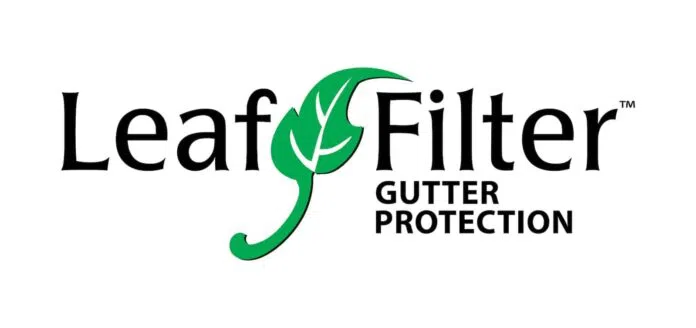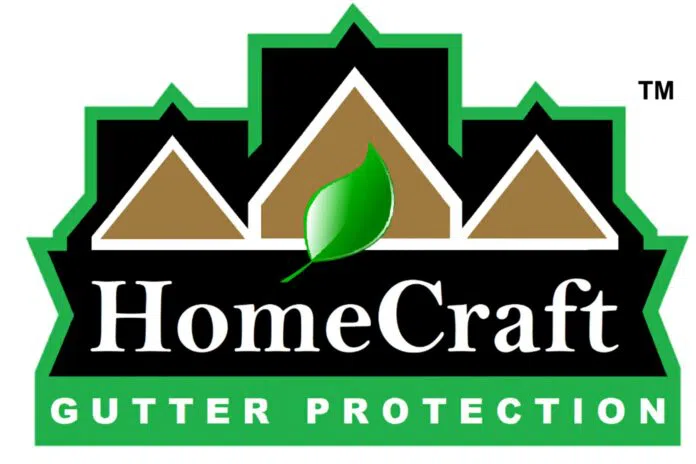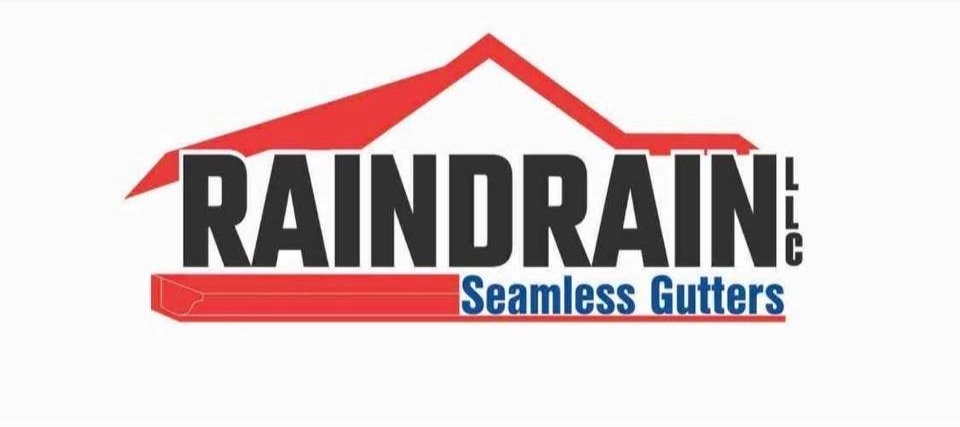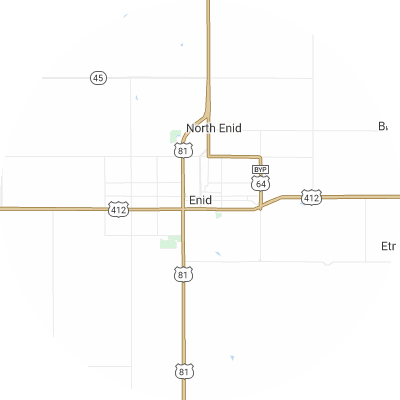Signs You May Need Gutter Guards
While gutter guards aren't always needed, the signs of obstructed gutters are clear. Some indicators of persistent gutter problems include:
- Mold growth, interior wall stains, or peeling exterior paint on walls near gutters.
- Soggy ground or visible erosion around your foundation
- Leaky joints or seams where water leaks out of gutters
- Visibly damaged, sagging, or misaligned gutters that no longer correctly direct rainwater
- Frequent clogs that cause overflow and water to spill over gutters
How To Choose a Gutter Guard Installer
Assess Their Experience
When choosing an installation company, look for one with extensive experience and knowledge about various brands and guard types. A company with experience will understand how to measure and fit gutter guards for your specific needs. Ask about a provider's years of experience and request referrals from local customers.
Verify Proper Licensing and Insurance
When speaking with potential installation providers, always verify that they are properly licensed, bonded, and insured with both workers compensation and general liability policies. This protects you if any accidents or injuries happen. Request current licensing and insurance papers from potential providers.
Choose Reputable Brands
Look for companies that provide leading gutter guard brands like Gutter Helmet and LeafFilter. Avoid companies that only install their own off-brands or generic no-name guards, which may not have undergone rigorous quality control testing.
Seek Custom Fit Services
For optimal performance, gutter guards need to be custom-fitted to match your unique gutter setup. Pick a company that uniquely sizes and cuts guards specifically for your home, rather than using generic guards. Properly fitted guards will leave no gaps for debris to get stuck.
Examine Warranties
Leading gutter guard companies normally offer 20-year or lifetime warranties that protect against clogs, rust, leaks, and other problems. Before selecting a company, carefully read through the warranty terms for workmanship and materials guarantees. Warranties are an excellent way to protect your gutter investment.
Check Reviews and Referrals
Take some time to look at online reviews on Yelp, the Better Business Bureau (BBB), Google Reviews, and other review sites to see customer feedback. Ask neighbors to suggest companies that provide quality local gutter guard installation. When researching, look for providers with plenty of satisfied customers rather than just a single recommendation.
Types of Gutter Guards
The six typical types of gutter guards include the following:
- Foam guards are lightweight and easy to install. Debris collects on the foam instead of in your gutter. Foam guards cost roughly $2.45 per linear foot.
- Brush guards are made of large brush bristles that partially obstruct your gutters, stopping debris and allowing water to pass through. Brush guards cost around $4.03 per linear foot.
- Screen guards have large holes that let water through while blocking debris. On average, you can expect to spend $4.12 per linear foot for screen guards.
- Mesh guards stop debris but allow water to flow through. Mesh guards have even smaller holes than screen guards. They're durable and allow debris to slide off as opposed to sitting on top of your gutters. On average, you can expect to spend $3.92 per linear foot for mesh guards.
- Micro-mesh guards are normally the most effective. They have smaller holes than regular mesh guards and let even less debris through. Micro-mesh guards cost around $5.02 per linear foot.
- Surface tension guards, also called reverse curve guards, use surface tension to encourage water to flow into your gutters while debris slides off. Typically, they will be visible from the ground. On average, you can expect to spend $3.04 per linear foot for surface tension guards.








